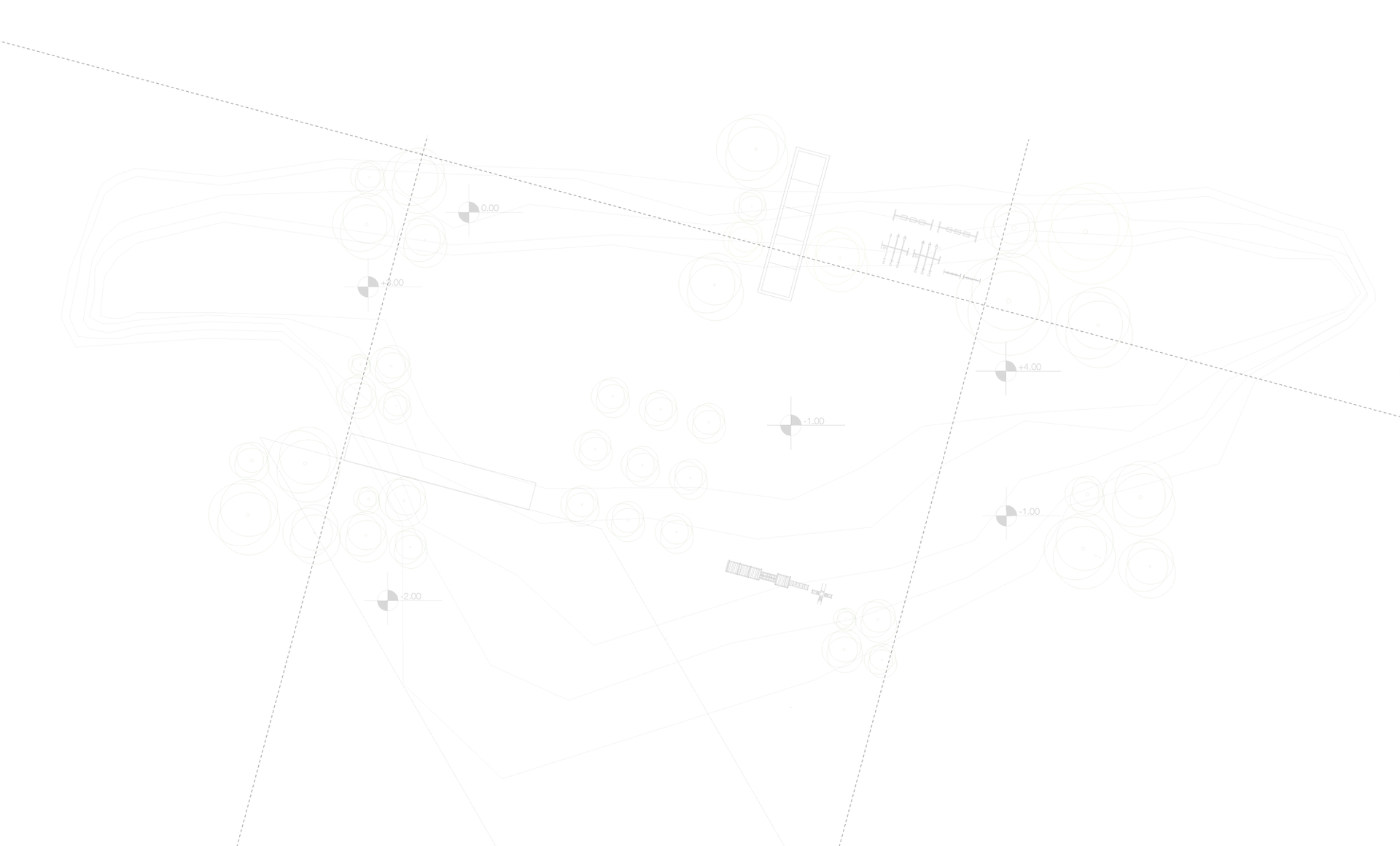Local government powers in NSW vs other jurisdictions
- David

- Mar 16, 2019
- 3 min read
Most readers of this blog would probably be aware that local government in NSW is the level of government in Australia with the least level of power and responsibility. In a recent post, I described how local government is actually the level of government that is most accountable to its citizens, with the highest level of "skin in the game", although it is probably a feature of our system that because it's powers are so limited, most of us don't really pay much attention to the affairs of our local Council as long as our garbage is collected on time.

Our constitutional structure is such that only state and federal government have law-making powers, control most government money and are therefore regarded as more important. One could argue that local Councils are not purely "government" but rather something of a hybrid between government and a Corporation. The Local Government Act 1993 describes the legal status of a Council as follows:
(1) A council is a body politic of the State with perpetual succession and the legal capacity and powers of an individual, both in and outside the State.
(2) A council is not a body corporate (including a corporation).
(3) A council does not have the status, privileges and immunities of the Crown (including the State and the Government of the State).
(4) A law of the State applies to and in respect of a council in the same way as it applies to and in respect of a body corporate (including a corporation).
A body politic can be defined as a collectively organised group of citizens, so perhaps this is an appropriate description of a local Council.
The main functions of local government in NSW are as follows:
- Companion animal regulation and control
- Payment of contributions to fire brigade costs and furnishing of returns
- Inspection of food and food premises
- Impounding of animals and articles
- Library services
- Pollution controls
- Some town planning and building control functions
- Inspection of systems for microbial control
- Restricting use of recreational vehicles
- Issuing of permits to light fires during bush fire danger periods
- Recommending appointment of local state emergency service controller
- Ensuring restriction of access to swimming pools
- Local Roads
- Local parks and community centres/buildings
- Stormwater drainage and flooding
- Water and sewerage supply for most areas outside of the Sydney, Illawarra and Hunter regions
Local Government in NSW is relatively limited in terms of powers and responsibilities compared to some other jurisdictions throughout the world. For example most local government in England has responsibility for police, fire brigades, housing and education. Similarly in the United States, many local governments take responsibility for parks and recreation services, police and fire departments, housing services, emergency medical services, municipal courts, transportation services (including public transportation), and public works (streets, sewers, snow removal, signage, and so forth).
Other states/territories of Australia tend to be similar to NSW in local government powers/responsibilities, with the exception of the ACT, which has no local government and all functions are performed by the territory government. New Zealand is not too dissimilar to NSW, although some larger bodies (regional Councils) have broader environmental responsibilities, regional parks and public transport.
Why does local government in NSW and Australia have so little power and responsibility? This is a complicated question to answer, although the following scene from the Yes Prime Minister episode "Power to the People" published in 1988 does provide some entertainment.




Comments